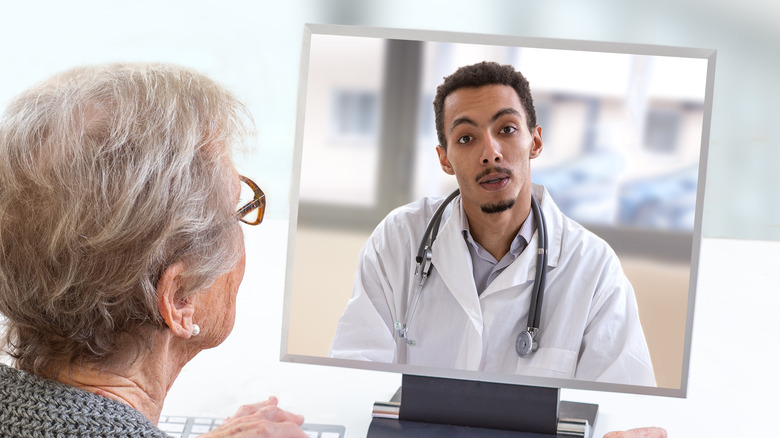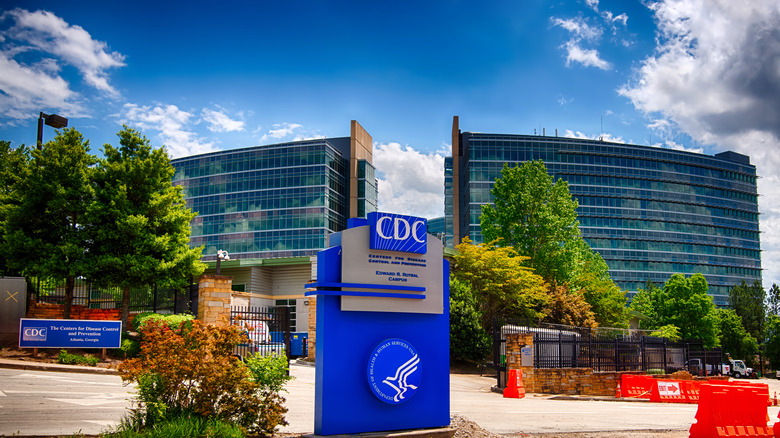Healthcare Tech Expert Joshua Di Frances Discusses How AI Can Make Healthcare More Equitable - Exclusive
Low income and marginalized communities have always had a harder time accessing healthcare, according to a report on healthcare disparities from the Centers for Disease Control and Prevention. Many work at jobs that don't provide benefits, are not able to work or afford healthcare, or physically cannot access quality resources because of where they live, lack of transportation, disability status, or inability to leave the house. People of color, LGBTQIA+ folks, and disabled people also can face discrimination when they seek healthcare, which can result in emotional, mental, and even physical harm.
Governmental and non-profit organizations are working to address these inequities in the healthcare system, but there are other solutions as well. Healthcare tech expert Joshua Di Frances, the Head of Incubation at LG NOVA, believes that technology can play a huge role in making healthcare more accessible and equitable. In an exclusive interview with Health Digest, he explained how, specifically, Artificial Intelligence (AI) can help solve disparities in health and health outcomes for marginalized and low income communities.
Technology can remove barriers to healthcare access
Di Frances pointed out that marginalized people face physical and financial barriers to accessing healthcare. Those who don't have cars have to pay for public transportation to get to appointments, and they often can't afford that cost. Those who do have reliable transportation still have to pay for parking if they're headed to the hospital for an emergency or appointment. And those barriers are just the ones encountered before the appointment even starts. Di Frances also explained that technologies like telemedicine can remove some of those barriers to access.
"I think a lot of it is basic access to healthcare through maybe telehealth or some of the interesting companies like Livongo or Omada that are really focused on chronic disease management, and where it can be done in the home ... that is really where technology is going to change the game from a healthcare perspective."
He went on to say that technologies like the Buoy Health Symptom Checker leverage artificial intelligence to help patients better understand their own health. An AI guides people through an assessment of their symptoms and helps them understand if their symptoms should be treated at home or assessed by a medical professional. The AI then offers suggestions, and if a doctor's appointment is warranted, it helps people figure out their insurance coverage and where they can access care that's covered. This can save many patients an unnecessary and expensive trip to a doctor's office.
AI can also help inform public health policies
Di Frances explained that AI can also help the healthcare system understand health at a population level, which can help shape public health policies.
"[In the past], we didn't have the computing power, or the AI, or the data and analytics to really do that thoughtfully and help health systems understand where to intervene and which patients need the most help," Di Frances said. "That's actually where a lot of analytics and Big Data and AI are helping from a population health management perspective."
He added that anonymized medical data can be analyzed by AI at a population level. The results could help public health policy makers decide how to spend money allocated to healthcare, identify which marginalized populations need which kinds of services, and uncover ways to provide services to vulnerable populations. Though these AI applications are high-level, the effects would be felt at every level of the healthcare system.
To learn more about the LG NOVA program and the Mission for the Future Challenge, visit www.lgnova.com/



